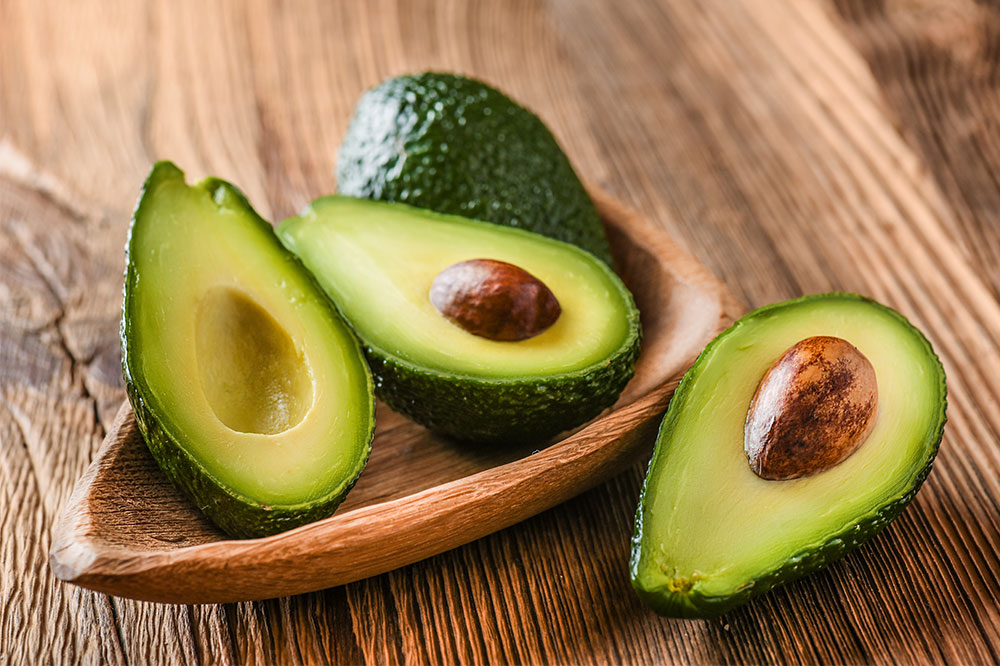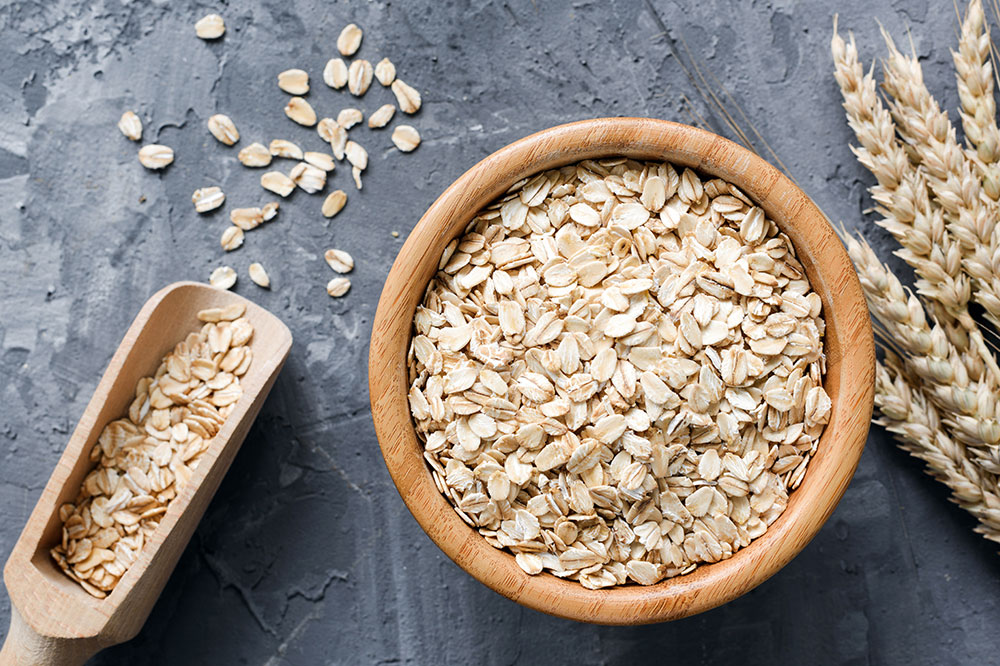Comprehensive Heart-Healthy Diet Guide to Lower Cholesterol Levels
Discover a comprehensive guide to heart-healthy eating for effective cholesterol management. Learn how incorporating fiber-rich vegetables, healthy fats, antioxidants, and lifestyle changes can significantly lower LDL cholesterol and boost HDL levels. This detailed article provides practical dietary tips and explains the benefits of key foods like beans, nuts, avocados, and dark chocolate. By following these expert recommendations, you can reduce your risk of heart disease and promote long-term cardiovascular health with simple, sustainable dietary modifications.

Comprehensive Heart-Healthy Diet Guide to Lower Cholesterol Levels
Maintaining optimal heart health is essential for a long and active life, and one of the most effective strategies is adopting a heart-healthy eating plan aimed at reducing cholesterol levels. Cholesterol, a fatty substance found naturally in our bodies, plays important roles, but excess amounts, especially low-density lipoprotein (LDL) cholesterol, significantly increase the risk of cardiovascular diseases such as heart attacks and strokes. Therefore, understanding how to balance our diet to optimize cholesterol levels is crucial for overall wellness.
Cholesterol is produced by the liver and derived from dietary sources. While some cholesterol in the bloodstream is necessary for cell function and hormone synthesis, consuming too many high-cholesterol foods can lead to unhealthy lipid accumulation in arteries. A diet rich in saturated fats and trans fats can elevate LDL cholesterol, often termed 'bad' cholesterol, which contributes to plaque formation within blood vessels. Conversely, increasing intake of foods that boost high-density lipoprotein (HDL) cholesterol, known as 'good' cholesterol, helps clear excess LDL from the bloodstream, reducing cardiovascular risks.
To effectively lower LDL cholesterol levels and promote heart health, it’s essential to focus on nutrient-dense, plant-based foods with proven benefits for cardiovascular well-being. Incorporating foods high in dietary fiber, healthy fats, antioxidants, and plant sterols can markedly improve cholesterol profiles. For instance, beans, lentils, and other legumes are excellent sources of soluble fiber, which binds cholesterol in the digestive system and facilitates its excretion. These foods are also rich in plant-based proteins and low in saturated fats, making them an ideal staple in a heart-smart diet.
Adding a variety of fruits and vegetables—particularly those rich in antioxidants—can simultaneously combat oxidative stress and inflammation, both of which are implicated in atherosclerosis. Tomatoes, avocados, garlic, and nuts stand out as powerful options. Tomatoes contain lycopene, which has been linked to improved LDL cholesterol levels; avocados are high in monounsaturated fats that support healthy lipid profiles; garlic possesses natural compounds that may reduce blood cholesterol; and nuts such as almonds and walnuts provide essential fatty acids alongside fiber and micronutrients that support cardiac health.
Moreover, including nutrient-dense vegetables like spinach and cruciferous vegetables, such as broccoli and Brussels sprouts, supplies vital vitamins, minerals, and antioxidants capable of reducing inflammation. Flax seeds and chia seeds are excellent sources of omega-3 fatty acids, which further aid in lowering triglycerides and enhancing HDL cholesterol. Dark chocolate with high cocoa content offers flavonoids that promote vasodilation and improve blood flow. Regular consumption of these foods, as part of a balanced diet, can significantly influence cholesterol management and overall heart health.
Healthy oils are another cornerstone of the heart-healthy diet. Instead of butter or lard, opt for monounsaturated and polyunsaturated fats found in olive oil, avocado oil, and canola oil. These oils contain essential fatty acids that help reduce LDL cholesterol and have anti-inflammatory properties. Using these oils for cooking, salad dressings, and drizzling over dishes not only enhances flavor but also provides cardiovascular benefits.
In addition to dietary choices, adopting lifestyle habits such as regular physical activity, maintaining a healthy weight, and avoiding tobacco use amplify the positive effects of a cholesterol-lowering diet. It’s also advisable to limit intake of processed foods, sugary snacks, and beverages high in trans fats. Instead, focus on whole, unprocessed foods that sustain health and promote balanced cholesterol levels.
By making informed dietary choices and integrating heart-smart foods into daily routines, individuals can effectively manage their cholesterol levels, reduce the risk of developing heart disease, and improve overall cardiovascular health. Consistency is key; small, sustained changes in eating habits accumulate over time to produce substantial health benefits. Collaborating with healthcare professionals for personalized guidance and regular check-ups ensures a comprehensive approach towards heart wellness.





